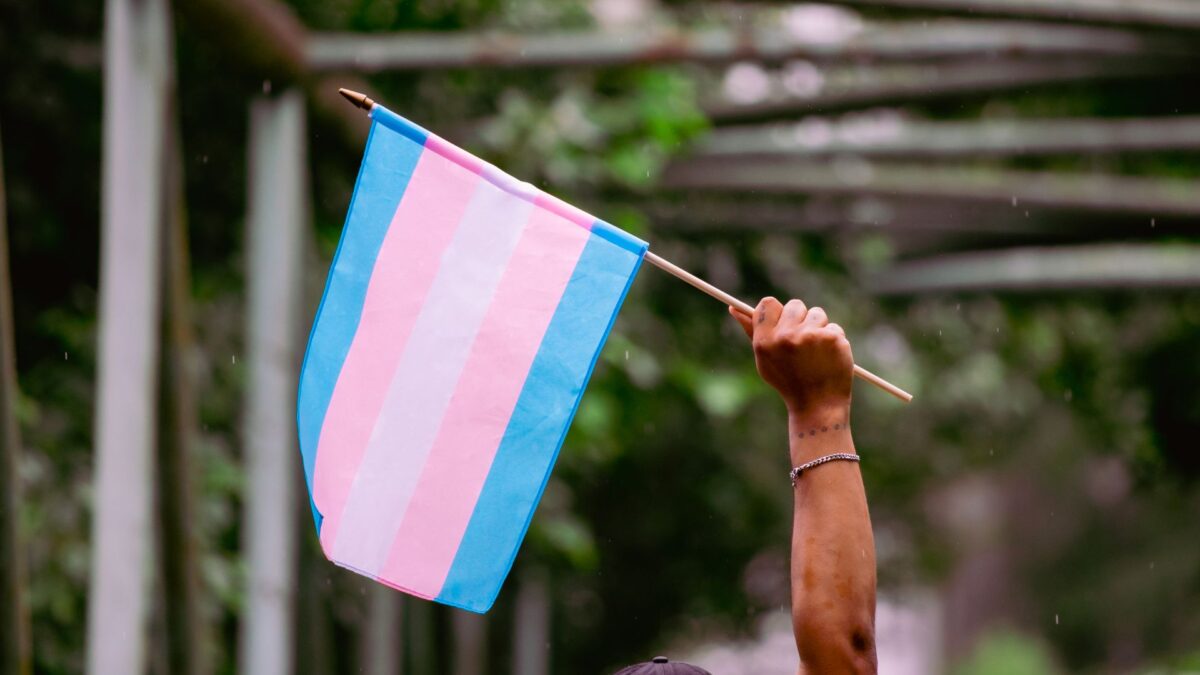Understanding the Importance of Transgender Awareness Week

Molina Healthcare Invests $1.25 Million to Improve Health Outcomes of Ohioans Struggling with Behavioral Health and Substance Use Disorders
10/09/2024
Integral Health Network of Southern Arizona and Banner – University Family Care Achieve 12.1% Reduction in 2023 Medical Loss Ratio
03/04/2025At Alera Health, we recognize the importance of Transgender Awareness Week, held from November 13th to 19th, 2024. This week serves as a key opportunity to educate the public about the challenges faced by transgender individuals, particularly in accessing health care. As we work toward a more inclusive and equitable healthcare system, this observance encourages us to focus on the mental, emotional, and behavioral health needs of the transgender community. Below, we explore four key areas where Transgender Awareness Week intersects with integrated care and behavioral health.

Promoting Inclusivity in Integrated Care Systems
Transgender Awareness Week highlights the critical need for healthcare systems, particularly integrated systems of care, to provide equitable, compassionate, and comprehensive services to transgender individuals. Inclusive care is not just about physical health but also involves addressing behavioral health concerns, such as anxiety, depression, and trauma, that disproportionately affect the trans community. Healthcare providers should adopt practices that embrace the unique needs of transgender individuals, ensuring that behavioral health care is an essential component of their treatment.
To learn more about challenges that transgender and LGBTQIA+ individuals face in healthcare, read more here: Providing-Inclusive-Services-and-Care-for-LGBT-People.pdf (lgbtqiahealtheducation.org)

Understanding Health Disparities
Transgender individuals often experience significant health disparities, including heightened risks for mental health issues like depression, substance use disorders, and suicidal ideation. These disparities are compounded by barriers to accessing appropriate care, particularly behavioral health services. Transgender Awareness Week sheds light on these critical gaps and advocates for healthcare systems that address these challenges through integrated behavioral health services, early intervention, and tailored support.
To explore the largest survey of transgender individuals and their health experiences, visit US Trans Survey.

Encouraging Open Conversations
One of the primary objectives of Transgender Awareness Week is to encourage open conversations about gender identity, expression, and mental health. In the context of behavioral health, these conversations are essential to creating environments where transgender individuals feel safe, understood, and supported. Open dialogue can reduce stigma, foster trust, and allow for better engagement in care, particularly in mental health settings. Behavioral health providers are encouraged to be proactive in facilitating these discussions with empathy and cultural competency.
For more on creating safe spaces for these conversations, visit the LGBTQIA+ Health Education Center from the Fenway Institute.

Empowering the Community
Empowerment within the transgender community often begins with access to affirming behavioral health care. Addressing the unique mental health challenges transgender individuals face—including gender dysphoria, social isolation, and discrimination—is vital to their overall well-being. By providing supportive mental health services, we empower transgender individuals to advocate for their needs, make informed decisions about their health, and navigate societal pressures. This empowerment is crucial for fostering resilience and autonomy in their healthcare journey.
To explore resources on transgender empowerment in Health and Healthcare, visit Health & Healthcare | A4TE (transequality.org).
Get Involved Today
At Alera Health, we believe that observing Transgender Awareness Week serves as a reminder of the work being done to create a more inclusive and responsive healthcare system. By focusing on both physical and behavioral health needs, we can make meaningful progress in addressing the disparities faced by ALL individuals. Our ONEcare Networks bring together experts across disciplines to ensure early identification and treatment of behavioral health concerns, fostering communication between providers and patients for better outcomes. Together, we can help build a healthcare system that truly supports and empowers the transgender community. Learn more today!
